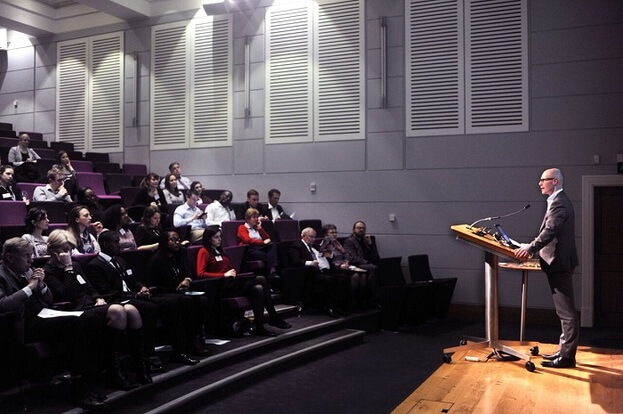Last night saw the launch of The Access Project’s 2014-2015 Impact Report at the Wellcome Collection in central London. The event was a chance not only to celebrate our measurable impact on widening access to the country’s top universities, but also to thank the incredible community of students, schools, volunteers and business partners who all work together to make this happen.
Speaking at the event, trustee and Chief Executive of UCAS, Mary Curnock Cook, described The Access Project as a “super-charged charity” that she supports because it is one of the few organisations making a difference to the entrenched problem of elitism within higher education.
The Access Project simply couldn’t do this crucial work without our business partners. As well as providing financial support for the programme they also provide hundreds of volunteer tutors who contribute thousands of hours throughout the academic year.
‘Win-win’
This impact flows both ways. Our business partners work with us because they want to contribute positively in their communities, and because there are clear business benefits to partnership. This is a win-win.
It is not always easy to find ways of using business volunteers’ talents to make a meaningful social impact. The Access Project uses graduate volunteers’ deep subject knowledge to make a difference to young people’s attainment – and can demonstrate that this works.
“This is a way for our volunteers to use their skills, knowledge and experience in a meaningful way. It sounds obvious to say, but opportunities like this can be difficult to find.”
Linda Zell, Head of Corporate Responsibility, Olswang
Our volunteers care about our mission. The vast majority identify the personal importance of ‘levelling the playing field for underprivileged students’ (79% of volunteers), and ‘giving back to society and making a difference’ (75% of volunteers). Our business partners believe that supporting their desire to make a difference is a vital part of attracting and retaining talented staff.
Beyond the Corporate Responsibility agenda, our business partners are focused on developing their employees’ people skills. For more junior staff who might not have a coaching and managing role in their day-to-day work, tutoring can help them to develop the questioning and listening skills required to step up into more senior positions. Over half of volunteers identified that tutoring helped them learn how to coach more junior colleagues, and also to communicate with a wide variety of people in a professional context.
Sadly in the UK your likelihood of progressing into high-status professions is determined in large part by your parents’ income. At The Access Project we believe this is unacceptable, and so do our partners.
The Access Project allows our partners to address this challenge directly, driving greater diversity in the professional workforce in the long-term.
Thank you to all of the amazing businesses and their volunteers whose incredible commitment is making a real difference to diversity in higher education.

